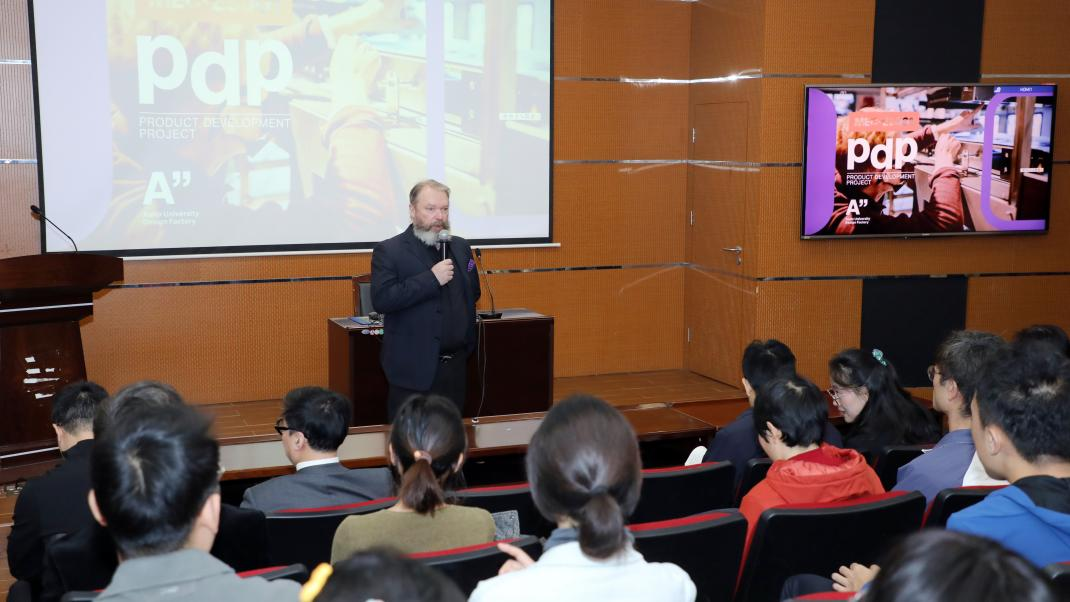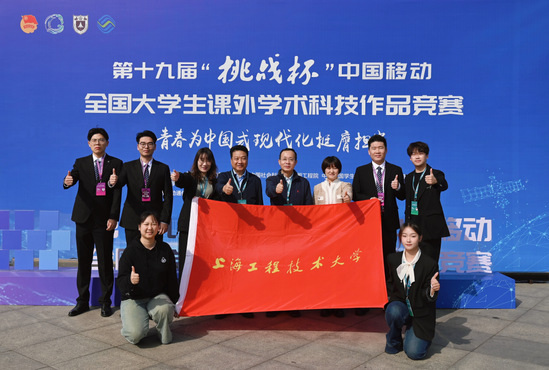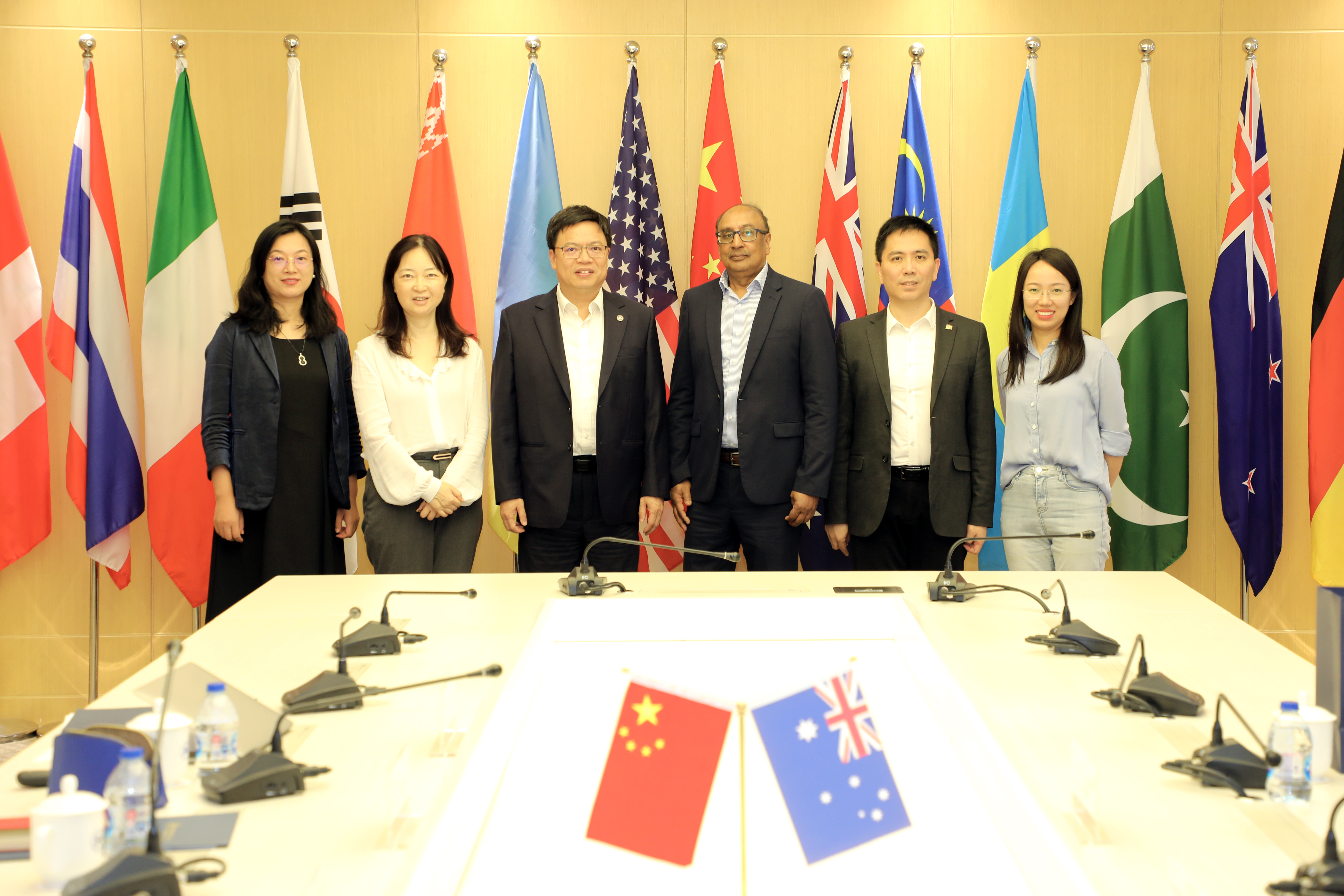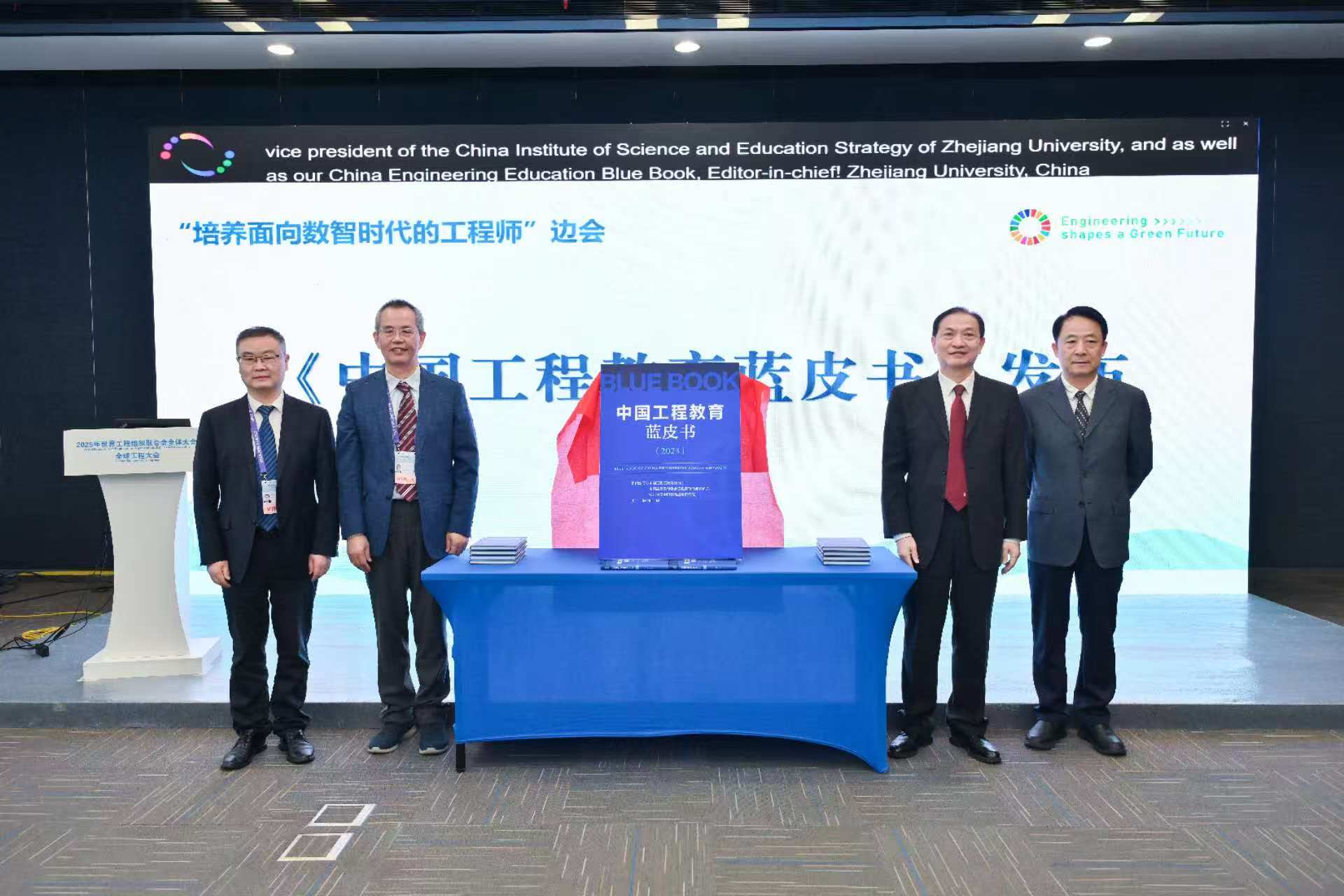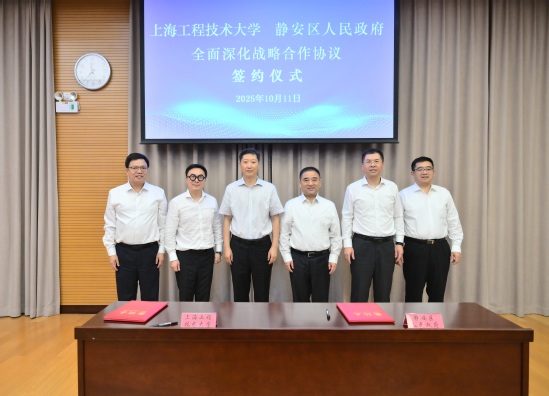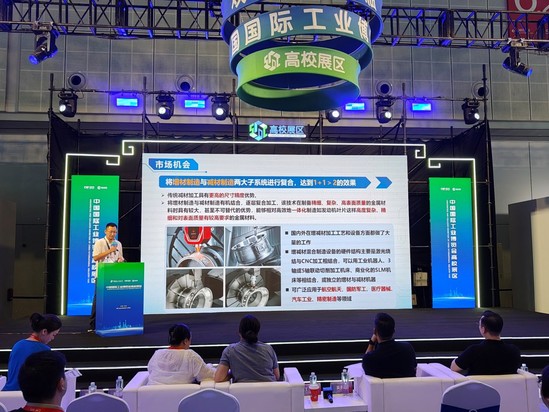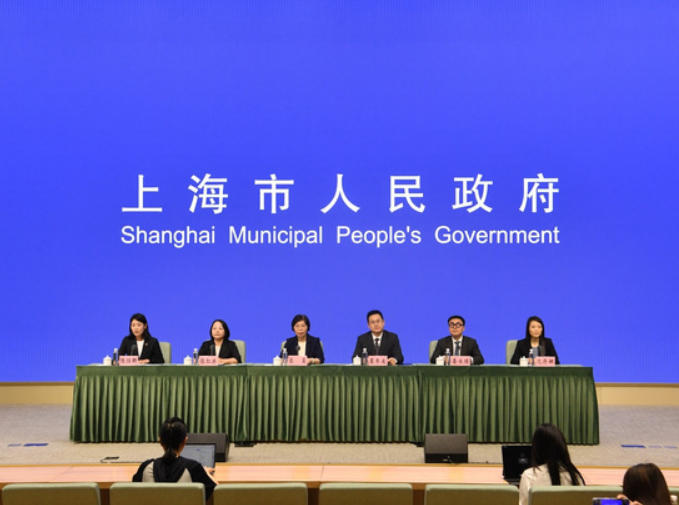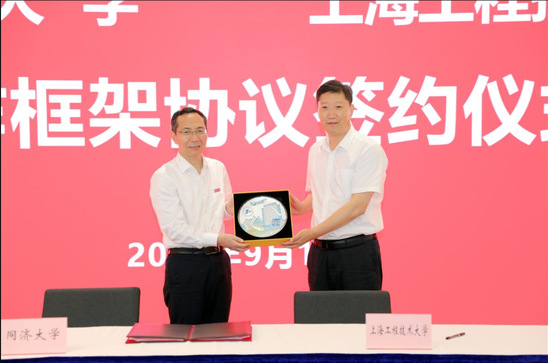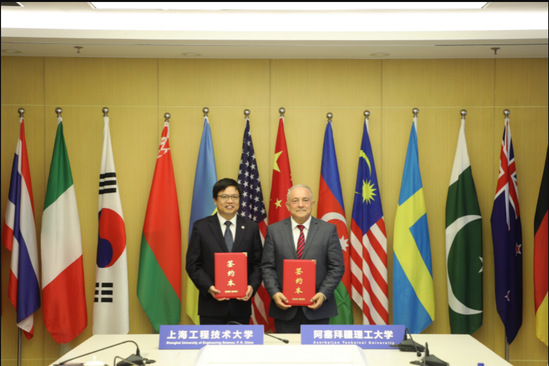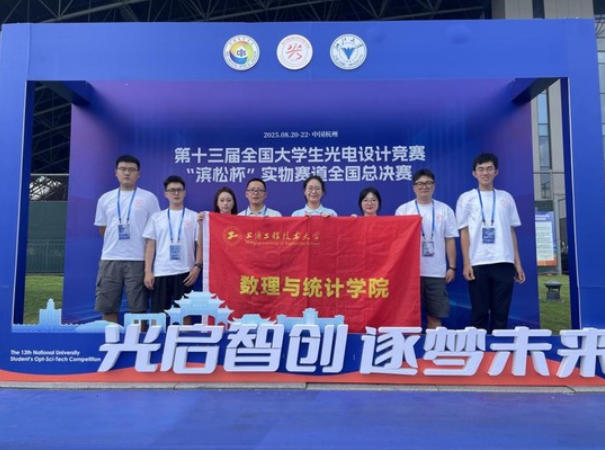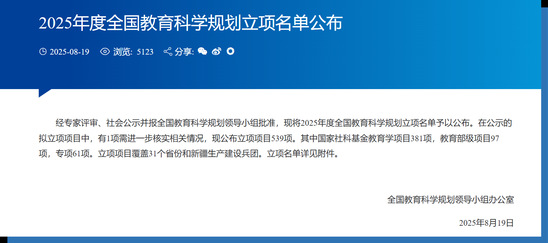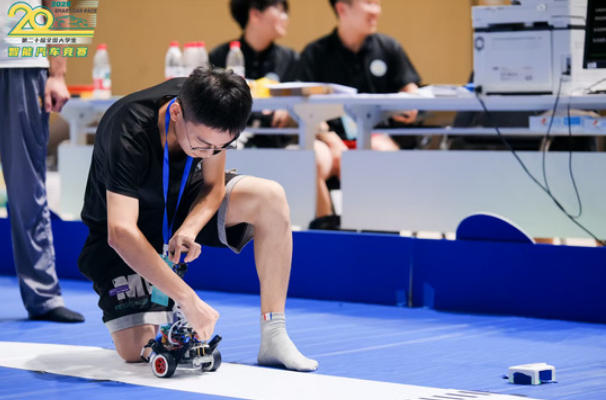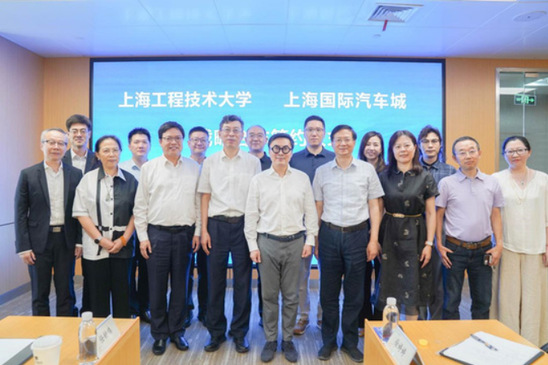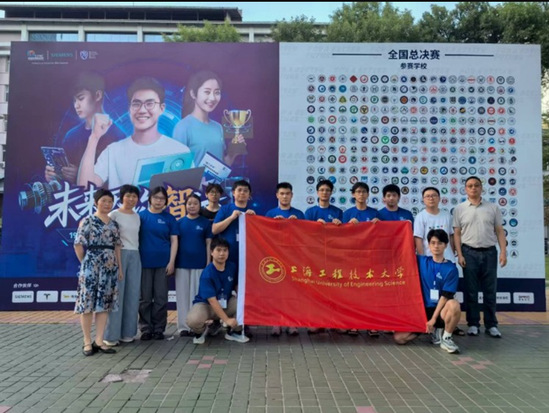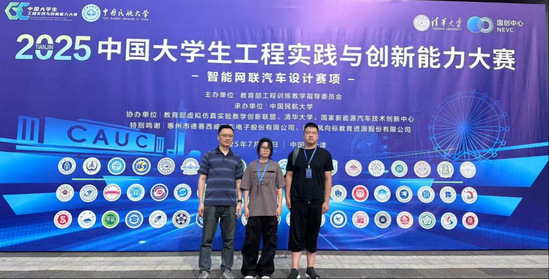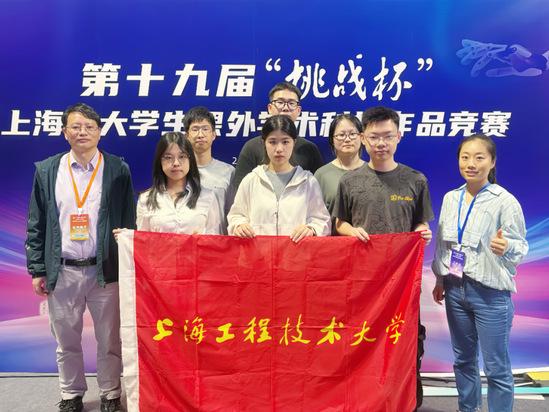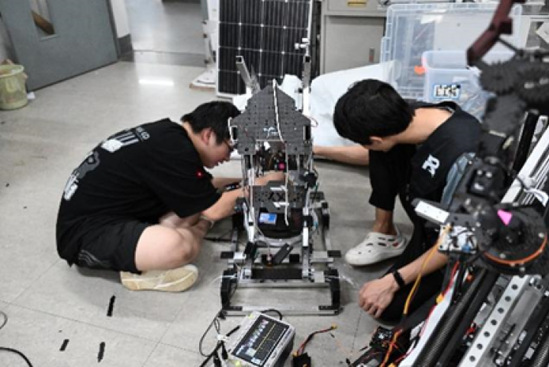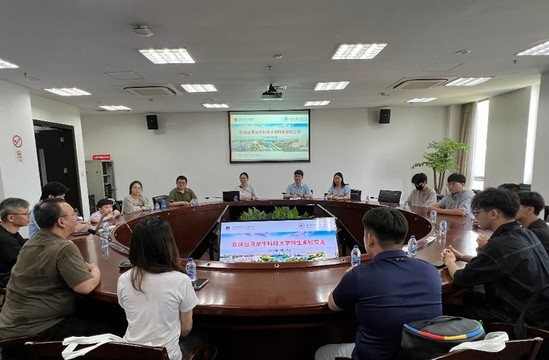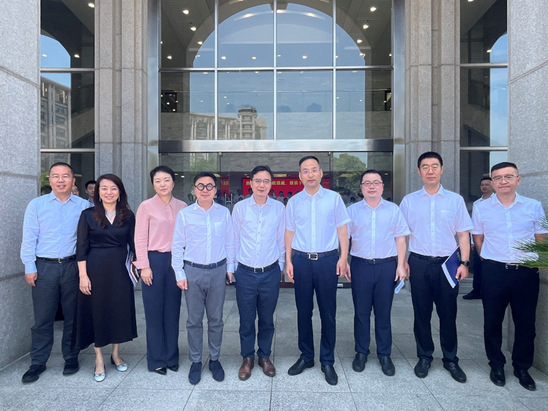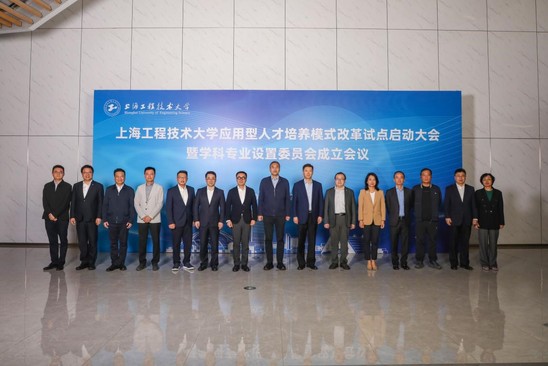
On April 24, SUES heldthe Kick-off Conference for the Pilot Model for Training Application-Oriented Talent (or the Pilot Program) and the Inaugural Meeting of the Academic Program Planning Committee for Applied Disciplines (or the Committee) on Changning Campus. Nearly 200 attendees—including SUES leaders, faculty and student representatives, and distinguished guests from industries—were present at the event. Among them were Li Jiang, Secretary of the CPC SUES Committee; Lou Yongqi, President of SUES, Bi Xiangli, Secretary of the CPC Committee and Board Chairman of Shanghai Shentong Metro Group Co., Ltd., Yang Xie, Director of Higher Education Division of Shanghai Municipal Education Commission, Sun Yong, Deputy Director of Higher Education Division, Xu Yang, Deputy Secretary of the CPC SUES Committee and Vice President, as well as Vice Presidents Wang Yansong, Xia Chunming, and Xu Kaiyu. The meeting was chaired by Xu Yang.

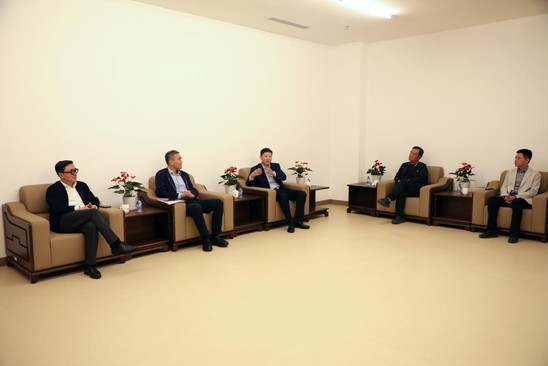
Li Jiang pointed out that by launching the Pilot Model, SUES is taking the lead in the new wave of scientific and industrial transformation. The University draws on new quality productive forces and its strengths in “integration between industry and education, and cooperation between enterprises and the University”. He thanked the industry experts and corporate partners present for their long-standing support of SUES’ reform in application-oriented talent training, noting that deep enterprise involvement is key. The establishment of the Committee signals a new phase of “reinforcing the principal role of enterprises while promoting mutual governance.” The Committee will take targeted steps to align the “supply side” of talent cultivation with the “demand side” of industrial development. SUES will leverage its disciplinary strengths and align with Shanghai’s modern industrial structure of “2+(3+6)+(4+5).” SUES will optimize academic program design, update curricula, refine projects, integrate specialized and micro-courses, train industry-experienced faculty, and improve resource allocation. Through enterprise training, on-the-job practice, apprenticeships, and joint assessments, SUES aims to enhance its talent development model—cultivating high-level applied and innovative professionals to support high-quality local and national development.
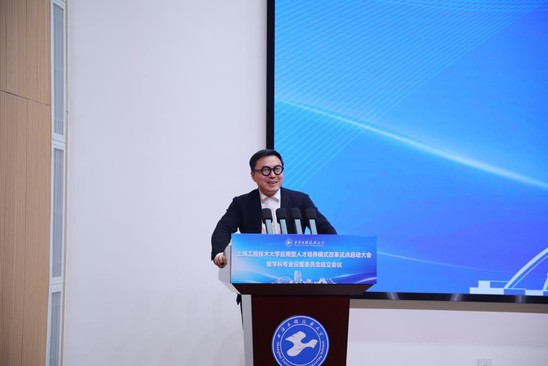
Lou Yongqi, President of SUES and Chair of the Academic Program Planning Committee for Applied Disciplines, extended his gratitude to Shanghai Municipal Education Commission and corporate partners for their continued support of SUES. He emphasized that the University’s core mission is to support the development of Shanghai’s industries and assess quality based on outcomes. To cultivate talent with applied research skills, teamwork, and a global perspective, SUES will strengthen the integration of education and industry, ensuring alignment between talent training, scientific innovation, and industrial needs. SUES will focus on experiential and interdisciplinary models, such as “learning-by-doing method” and “outside-the-major learning”, encouraging students to tackle real-world problems through cross-disciplinary projects. SUES will take proactive measures to address the challenges posed by the A.I. era via building diverse assessment systems and shifting its focus from knowledge transmission to cultivating innovative thinking. SUES will benchmark itself against world-class standards, draw on global experience, and create a scalable “SUES Model”, striving to become a global leader in education reform.
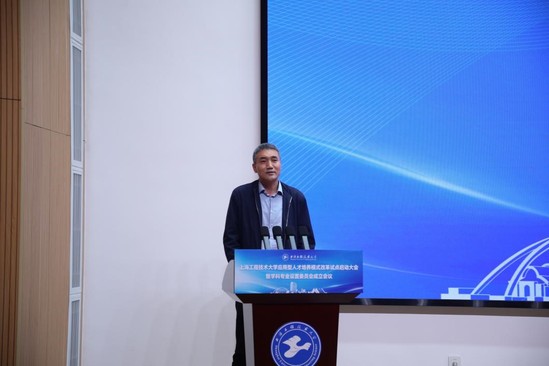
Bi Xiangli added that the pilot reform not only marks a new beginning for university-enterprise joint education, but also represents a critical battle. Partner enterprises will work closely with SUES through the Committee and the platform of modern industry Schools, actively advancing reforms in talent cultivation. Together, they aim to nurture more “Great Country Craftsmen” and “Innovation Pioneers” to support Shanghai’s vision of becoming an “excellent global metropolis” and an “international digital hub.”
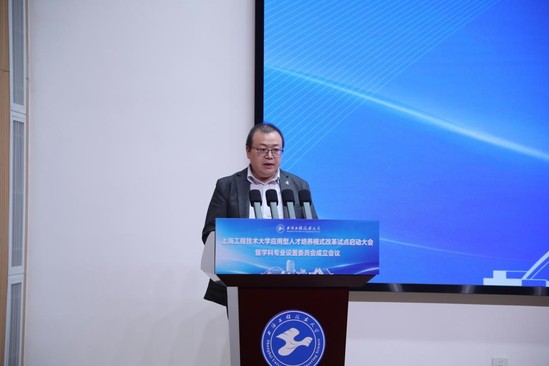
Yang Xie fully acknowledged SUES’ achievements in advancing industry-education integration and offered three suggestions. First, he proposed SUES’ collaborating with leading enterprises to jointly establish “Industry Schools” and “Engineer Schools” as platforms for innovation in industry-education integration. Second, he emphasized the importance of ensuring that both the Committee and the Talent Training Committee operate with tangible impact. Third, he recommended building an industry service network to promote the transformation of scientific research into practical applications and to foster more innovation and entrepreneurship.
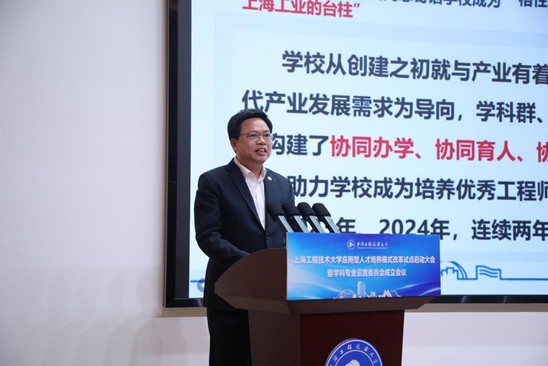
Xia Chunming elaborated on the pilot reform plan for talent cultivation, noting that SUES is deepening industry-education integration to establish a high-quality application-oriented talent training system. SUES is taking the lead in developing a new “Specialized-Micro Integration” model by selecting pilot schools to spearhead the initiative, with plans to gradually expand the reform across all programs. The goal is to create replicable and scalable models that can serve as references for peer institutions.
Li Jun, Dean of School of Materials Science and Engineering, and Liu Zhigang, Dean of School of Urban Railway Transportation, respectively presented the specific reform measures undertaken by their schools. These include implementing full-scale in-enterprise training programs, and launching “Specialized-Micro Integrated” classes and corporate demand-based classes in collaboration with leading enterprises.
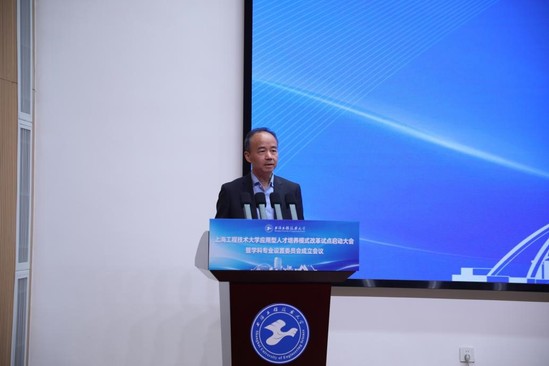
Cao Chizhong, President of Amkor Assembly and Test (Shanghai) Co., Ltd., spoke as a representative of industry experts. He emphasized that integrated circuits are a “pillar of national strength” and expressed confidence that through continued joint efforts, both sides can make meaningful contributions to the development of China’s integrated circuit industry and the reform of engineering education.

SUES signed joint talent cultivation agreements with Shanghai Baolong Automotive Corporation and nine other companies to launch immersive training programs for exemplary majors under the industry-education integration initiative. Xia Chunming and representatives from the ten companies took part in the signing ceremony.
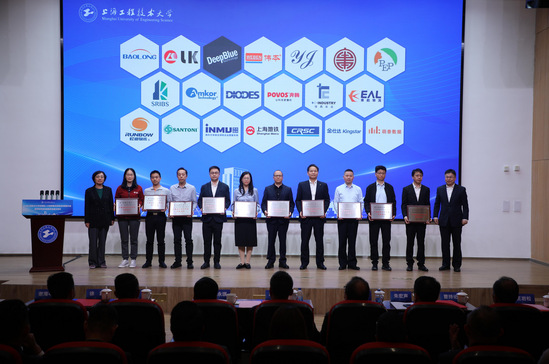
Shanghai Yida Machinery Co., Ltd. and nine other companies were designated as “Practice Bases for Exemplary Majors of Industry-Education Integration.” Wang Yansong and Xu Kaiyu jointly presented the plaques.
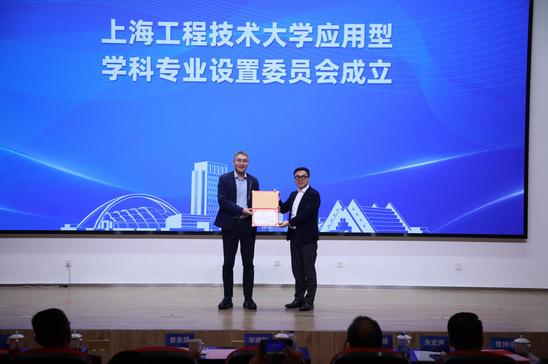
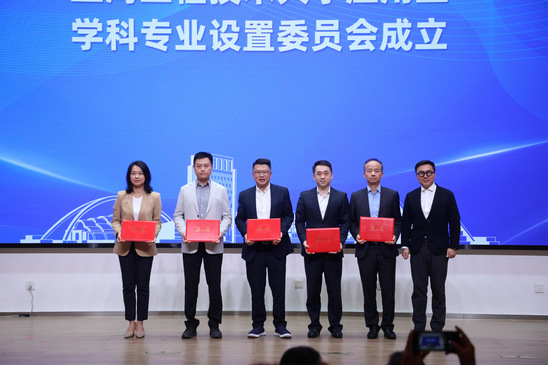
SUES also held the appointment ceremony for the first committee members of the Academic Program Planning Committee for Applied Disciplines. Lou Yongqi presented letters of appointment to the chair and members, and Xu Yang announced the list of committee members.
The conference marks both a pivotal milestone and the starting point of a new quest in SUES’ ongoing efforts to deepen talent cultivation reform. SUES is committed to fulfilling its mission as a leader in applied education reform, with a strong focus on advancing industry-education integration and innovating talent cultivation mechanisms. The founding of the Committee serves as a catalyst for the course. SUES will work closely with industry partners to develop a new model of talent cultivation that integrates academic learning with industry practice, and promotes cooperative education.To usher in the new era, SUES aims to contribute the “SUES Model” to the ongoing reform of talent cultivation in universities of applied sciences.






